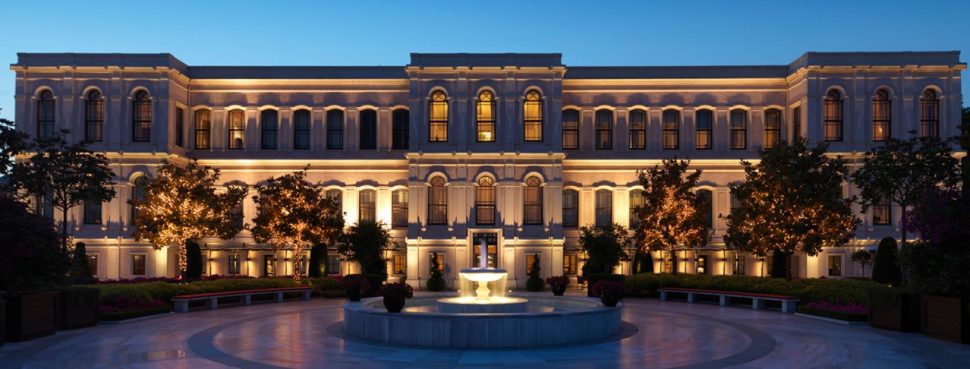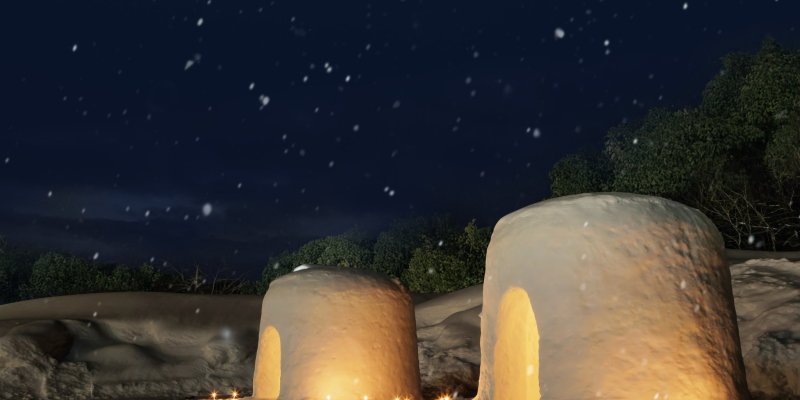Every Turkish tale begins with the phrase “bir varmış bir yokmuş” – “once there was, and once there was not.” Nowhere is this more true than in Istanbul, a city built and destroyed, named and renamed. Once there was a city called Byzantium, once there was a city called Constantinople … and once there was not.
Formed over the centuries by the merging of many villages, Istanbul is an epic made up of countless stories. Throughout its incarnations, it has been defined by the theatrical. The appellation “Istanbul” could be described as a stage direction: When heading to the walled city, the Greek residents of the villages along the Bosphorus said they were going “eis tin poli,” meaning “to the city.”
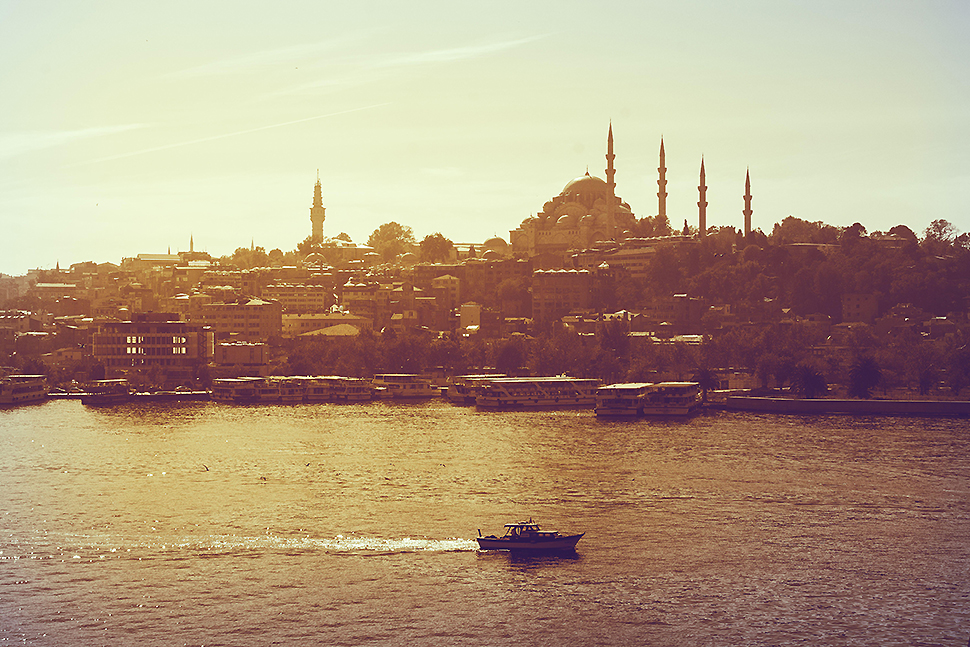
The City as a Stage
The seeds of Westernization led in the late Ottoman era to the creation of Dârülbedâyi, the imperial theatre and precursor to Istanbul Metropolitan Municipality City Theatre, which has 10 stages throughout the city to bring government-subsidized performances to broad audiences. There, one can view gölge oyunu, or shadow theatre, the beloved tradition of puppetry that is now on UNESCO’s list of the Intangible Cultural Heritage of Humanity, or meddahlik, a performance where a lone storyteller regales his audience using only a piece of fabric and a walking stick as props.
Democratization in formal storytelling formats continued to grow; after the foundation of the Republic of Turkey, the new president Kemal Atatürk lifted the ban on Muslim women appearing onstage.
Although Ankara became the capital of the republic, Istanbul remained its capital of arts, culture and letters. The State Opera and Ballet is headquartered in Ankara, but perhaps the most notable venue for its productions is an Istanbul landmark: the newly revived – and modernized – Atatürk Kültür Merkezi (AKM), only a short drive from the similarly restored 19th-century Ottoman palace that hosts Four Seasons Hotel Istanbul at the Bosphorus.
The AKM first opened in 1969, but it was closed in 2008 after falling into disrepair. It reopened in October 2021 to much excitement, redesigned and rebuilt by the son of the original architect. Today it presides again over Taksim Square and houses a 2,040-seat Opera Hall, an 800-seat theatre, a gallery, a children’s art centre, a library and a recording studio.
Take a private tour of AKM’s stunning facilities, arranged by the Concierge at Four Seasons, or book a performance in one of its many private theatres around town, including Oyun Atölyesi, DasDas, SAKM, the Zorlu Performing Arts Center and Dot.
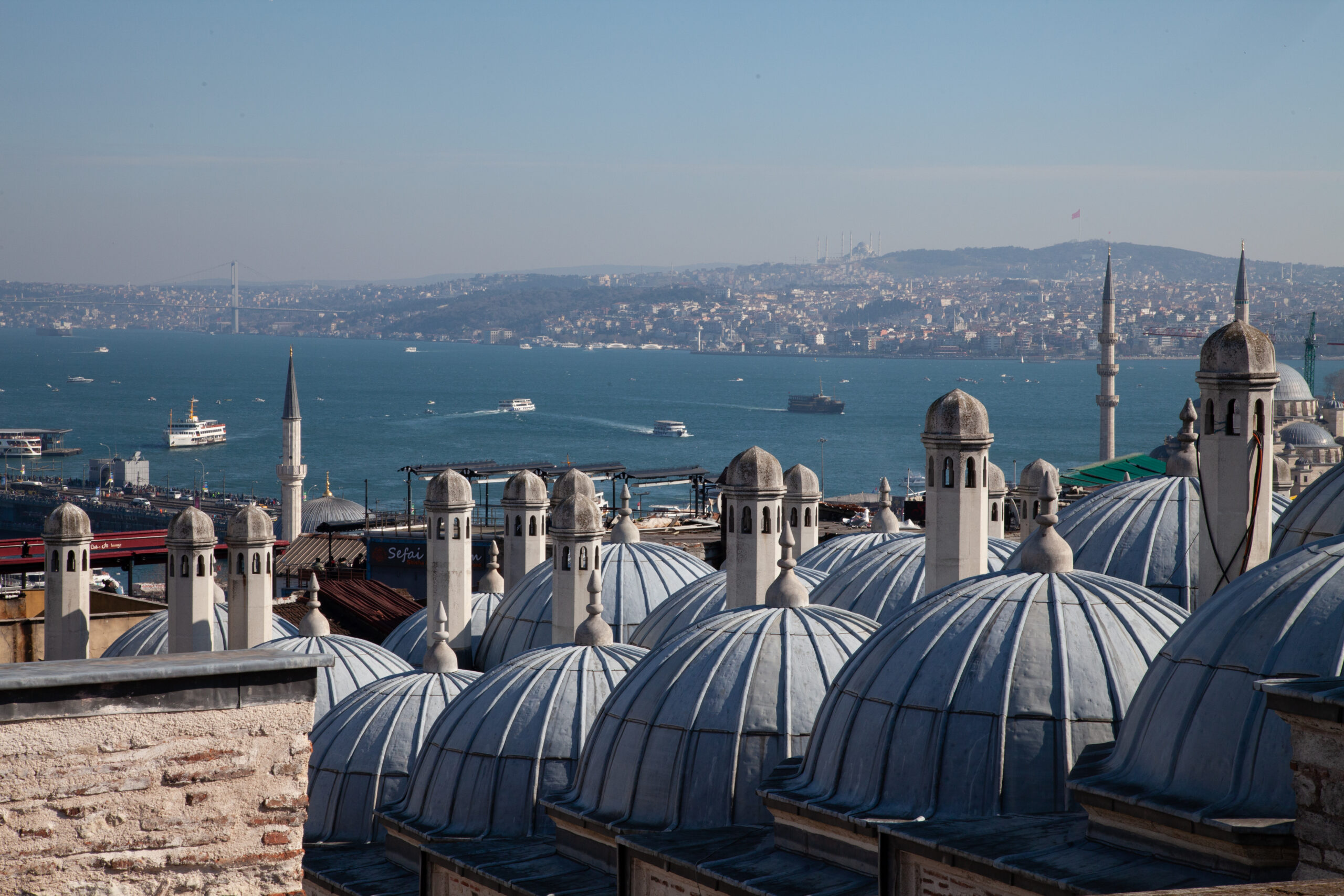
Istanbul on the Screen
As for the big screen, today’s Turkish audiences prefer locally made movies. The cinema industry here began by copying Hollywood, but since the 2010s, many of the more than 100 films made per year have had homegrown themes. Hits include the 2012 blockbuster Fetih 1453, the story of the Turkish conquest of Istanbul; Nuri Bilge Ceylan’s award-winning films that capture the city’s rich vistas; and Fatih Akın’s 2005 music documentary Crossing the Bridge: The Sound of Istanbul. Even the tales of the city’s feline residents were beautifully told in the 2016 documentary Kedi.
These days, Istanbul is also sending its stories out into the world via a number of TV shows – and attracting travellers who want to see the filming locations and wander the streets of Beyoğlu, where many are set. The early 1990s saw a handful of private TV stations opening in Istanbul, and then the industry grew exponentially; Turkish TV shows are now breaking viewing records from Japan to South America. Among the recent global hits are the 2020 Netflix productions Ethos, interweaving tales of people from different strata of the city’s contemporary society, and The Club, the story of a 1950s Istanbul nightclub.
Local digital platforms are bringing their own tales to life with programs like the 2020 BluTV broadcast Yeşilçam, a miniseries about the Turkish film industry in the 1960s. “Istanbul’s streets are alive with stories,” says Yeşilçam’s director, Çağan Irmak. “You just need to know how to stop and listen, to see and notice the ones that may be hidden; it is a generous city that rewards those who seek them.”
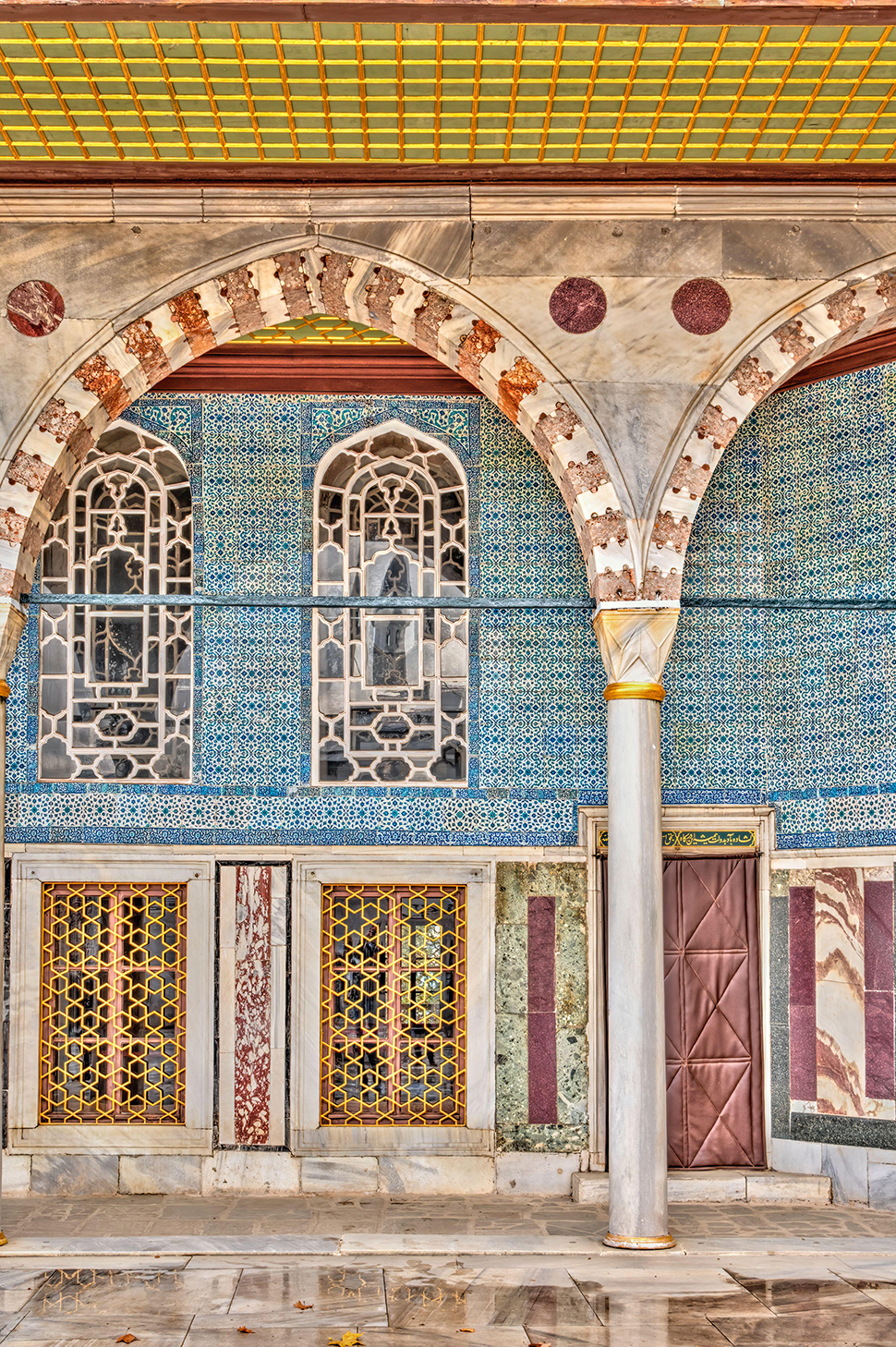
A Story Around Every Corner
Every Istanbul landmark is associated with a legend that comes alive for visitors with interest and imagination. Stand at the top of the Galata Tower, overlooking the Halic, or Golden Horn, and picture Hezârfen Ahmed Çelebi stretching his homemade wings to become the first person to fly. Take a boat to the Maiden’s Tower (temporarily closed as of May 2022) in the middle of the Bosphorus and tour the museum nearby that tells its tragic tale. Ponder the conversations that took place in the gilded labyrinth of Topkapı Palace, only steps away from Four Seasons Hotel Istanbul at Sultanahmet (reopening in July 2022). Join the worshippers at the Hagia Sophia, whose walls are a palimpsest of Christian seraphim and Islamic calligraphy.
And at the end of a day full of history, return to your sanctuary on the Bosphorus for a hammam, or in Sultanahmet for a massage that blends traditions of the East and the West, much like the complex city that straddles two continents. Rise to the Sultanahmet rooftop for views of the Hagia Sophia on the A’Ya Terrace for a drink with friends and your own tales to tell.
Uncover the Old City at Sultanahmet
Written stories also have a rich but interrupted history here. In 1929, Turks switched from Arabic script to the Latin alphabet. Literacy skyrocketed, but many earlier stories were lost in the archives, literally illegible to most. Some of these stories are now finding new life in the works of contemporary authors, such as Istanbul: Memories and the City by Nobel prizewinner Orhan Pamuk, The Time Regulation Institute by Ahmet Hamdi Tanpınar, and The Bastard of Istanbul by Elif Shafak.
Whether the tales are written, performed, or built into architecture and design, whether they are fictional or historical, Istanbul’s contemporary storytellers are reclaiming their own narratives and adding new chapters to those of the diverse cultures that have coexisted in this space for centuries.
Create Your Own Istanbul Story
In a place filled with so much beauty and history, you don’t have to be a filmmaker or writer to weave a memorable tale. Let Four Seasons help you create an unforgettable Istanbul experience that’s fully your own. Art, fashion, food — whatever the theme, this is one story you’ll be telling for years to come.
For some inspiration, see what Canadian entrepreneur Sarah Cox did on her Istanbul adventure with Four Seasons.
Four Seasons Hotel Istanbul at Sultanahmet reopened in July 2022.
YOUR JOURNEY BEGINS HERE
Where will you be transported to next?
